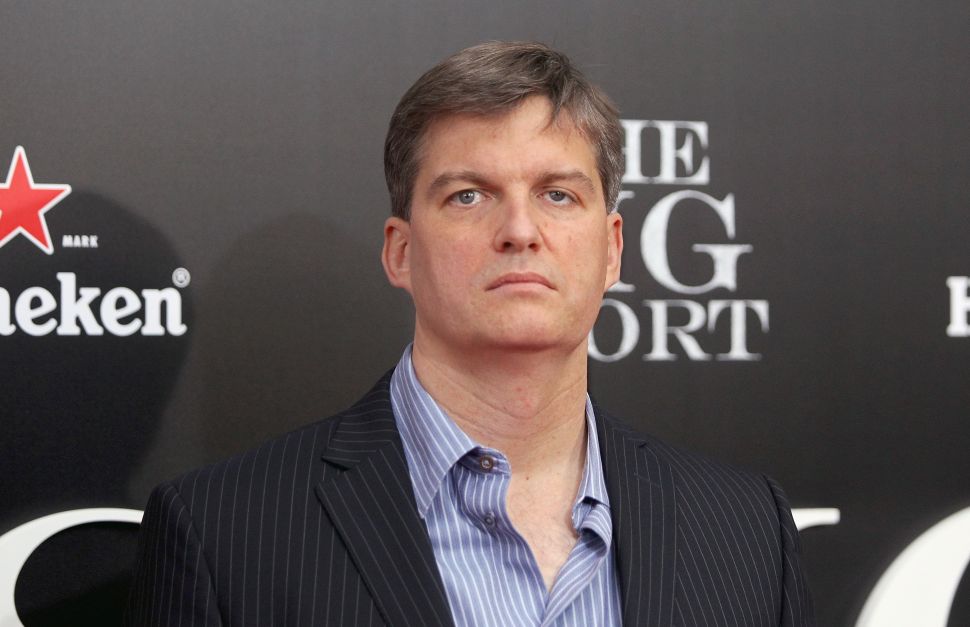
Hedge funds had a busy quarter trading bank stocks. Major firms, including Ray Dalio’s Bridgewater Associates, Michael Burry‘s Scion Asset Management, and Jim Simons’s Renaissance Technologies, slashed stakes in several banks while raising bets in others during the April-June quarter as the SVB-triggered banking turmoil quieted down.
Burry, best known for predicting the 2008 Financial Crisis and inspiring Michael Lewis’ bestseller-turned-film, The Big Short, bought $23 million worth of shares in five regional banks in the first quarter despite the failures of Silicon Valley Bank, Signature Bank and Silvergate shaking confidence in the U.S. banking sector. He opened positions in Western Alliance, PacWest, First Republic, Huntington Bank, and New York Community Bank, which acquired some of Signature’s assets from the Federal Deposit Insurance Corporation (FDIC). In the second quarter, Burry closed out his entire positions in four of them—Western Alliance, Huntington Bank, PacWest, and First Republic—and slashed his holding in New York Community Bank by 76 percent, according to an SEC filing yesterday (August 14).
These banks’ stocks have traded flatly since SVB’s collapse in March.
Scion also sold its entire stakes in Capital One and Wells Fargo. Both positions were opened during the first quarter as well. In other notable trades, Scion zeroed out its positions in Chinese e-commerce giants Alibaba and JD.com. Scion could not be immediately reached to comment on these transactions.
Scion’s strategy mirrors that of Bridgewater Associates, the world’s largest hedge fund by asset value. In the second quarter, Bridgewater closed out its positions in several regional banks, including US Bancorp, M&T Bank and First Horizon Bank, according to a SEC filing on Friday (August 11). In the previous quarter, the firm zeroed out holdings in 15 other U.S. banks. However, Bridgewater raised its holdings in investment banks Citigroup and Jefferies, and custodian Bank of New York Mellon between April and June. It also opened a small position in Capital One.
In a contrasting move, Renaissance Technologies, a hedge fund known for quantitative trading, slashed its exposure to Bank of New York Mellon in the second quarter, according to an SEC filing on Friday. The firm also reduced holdings in Deutsche Bank AG, but was a net buyer of banking stock in the second quarter. It opened new positions in Bank of America and Cullen Frost, a regional lender based in San Antonio, Texas.
